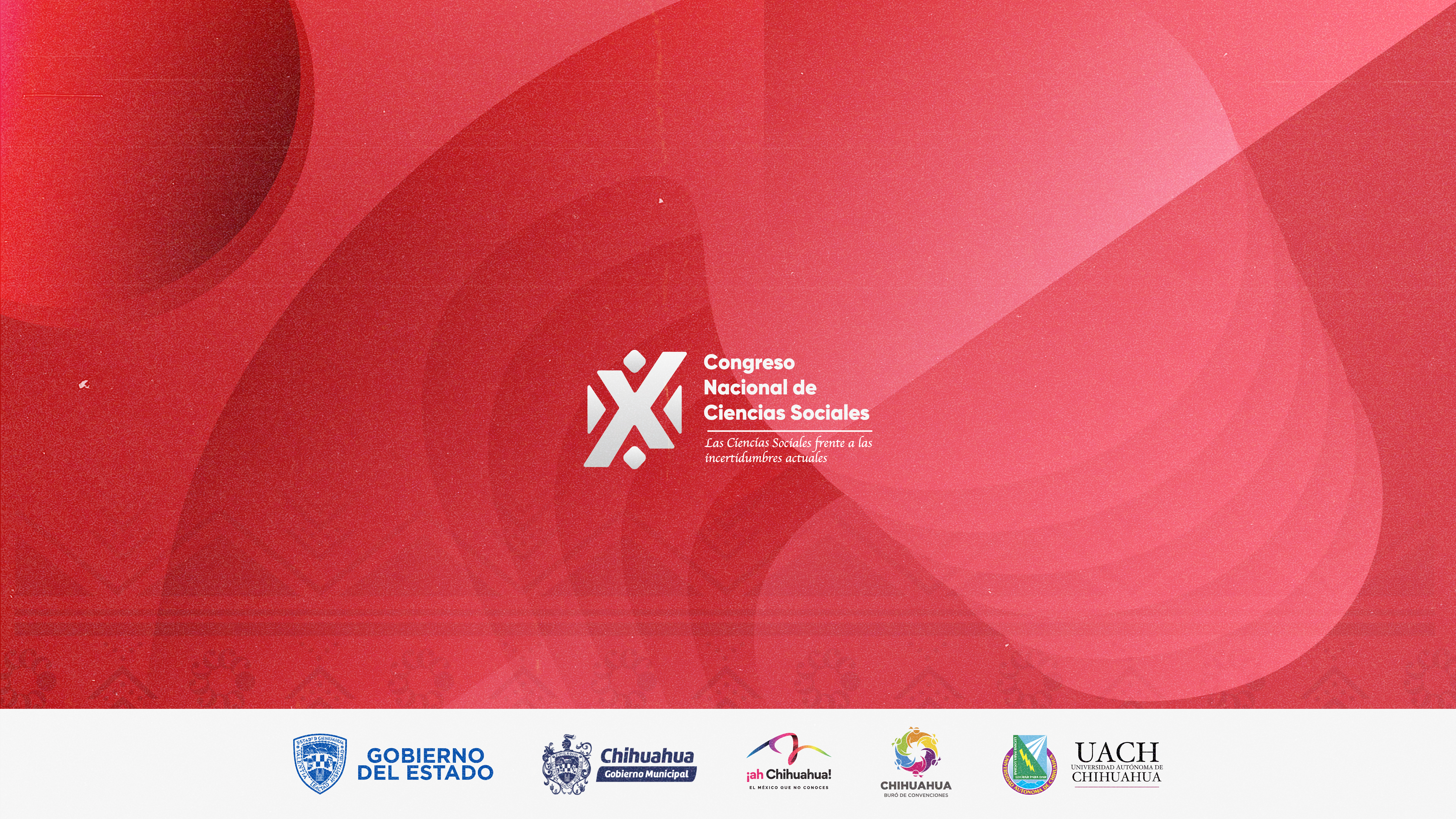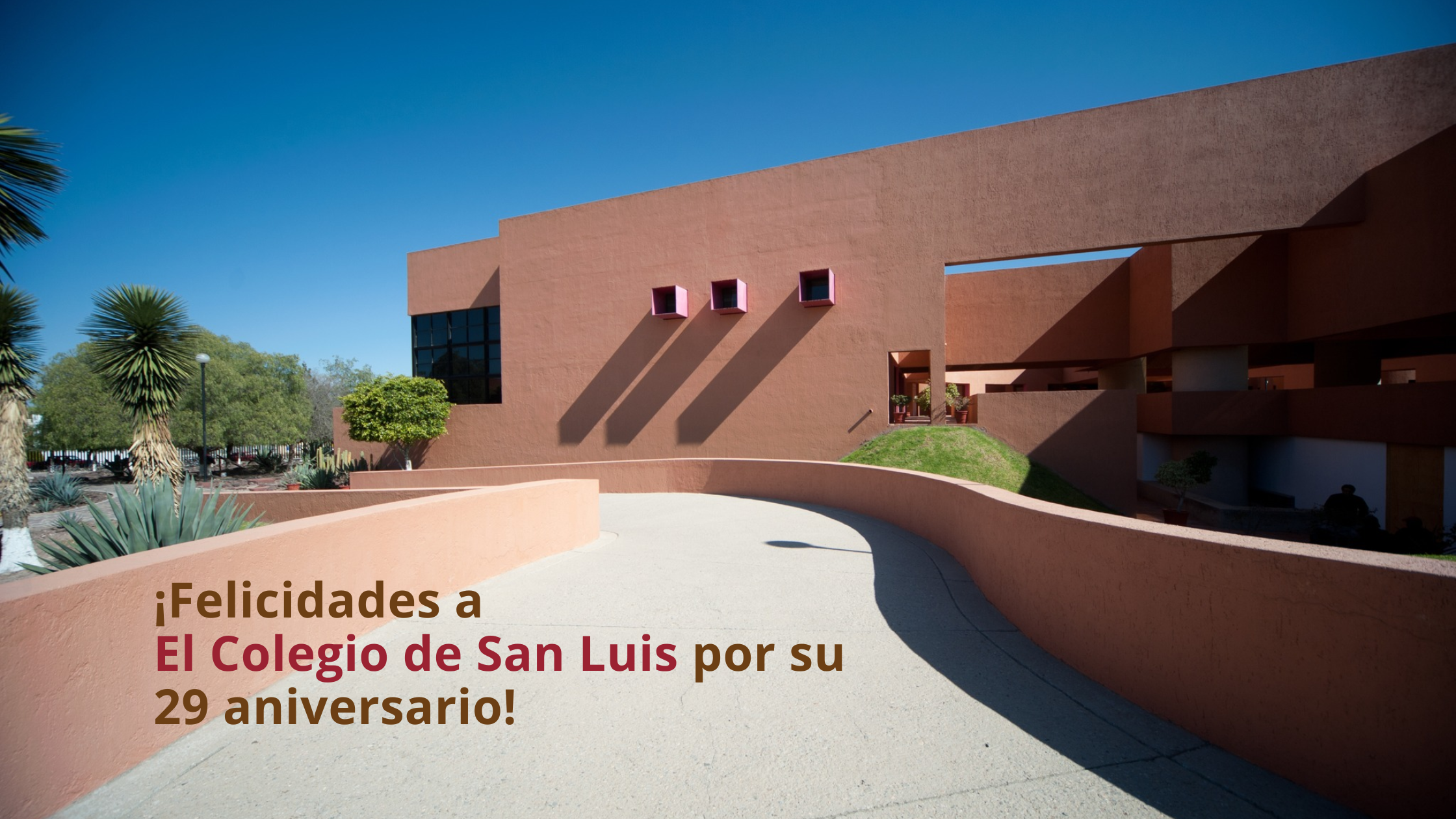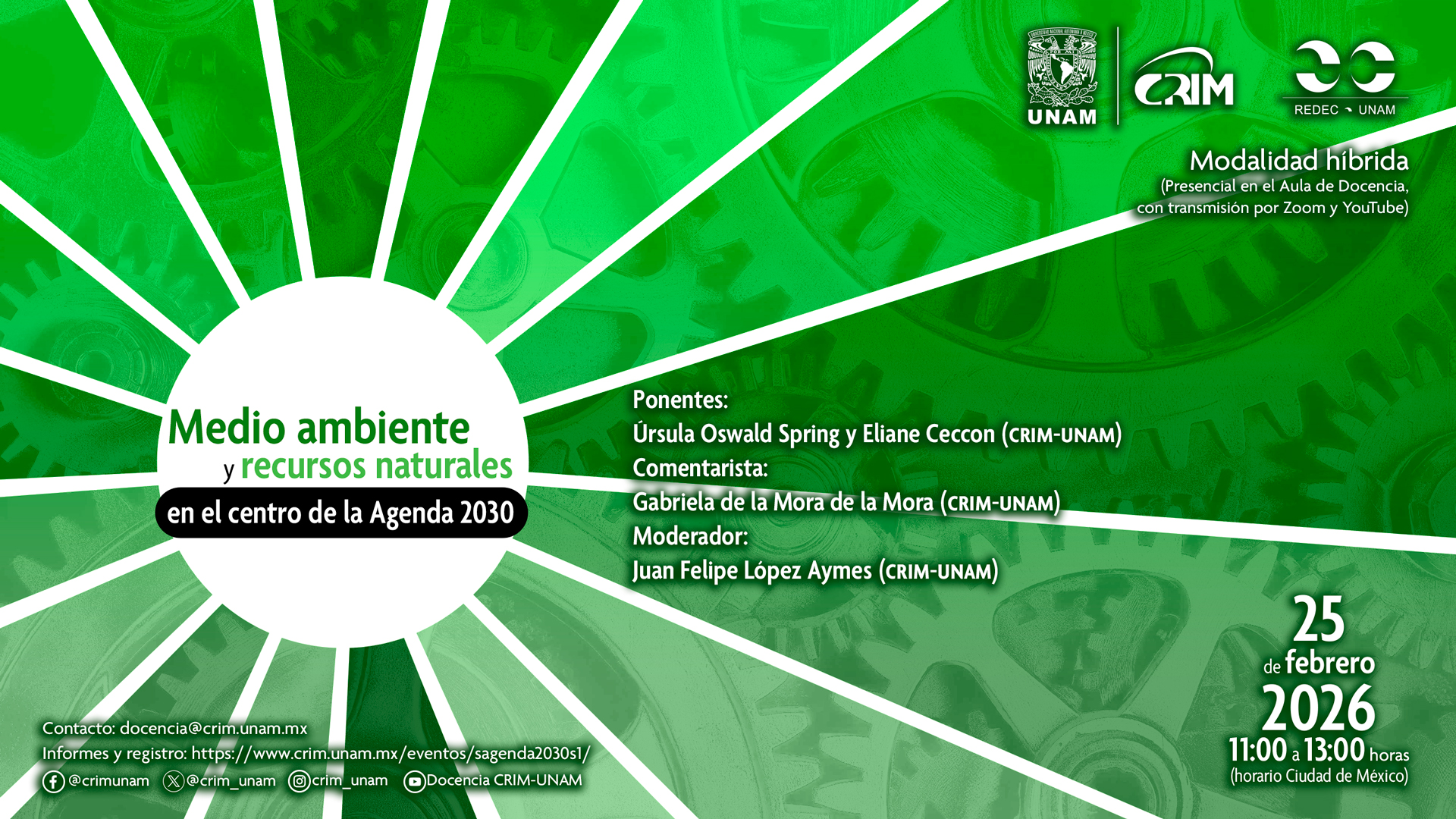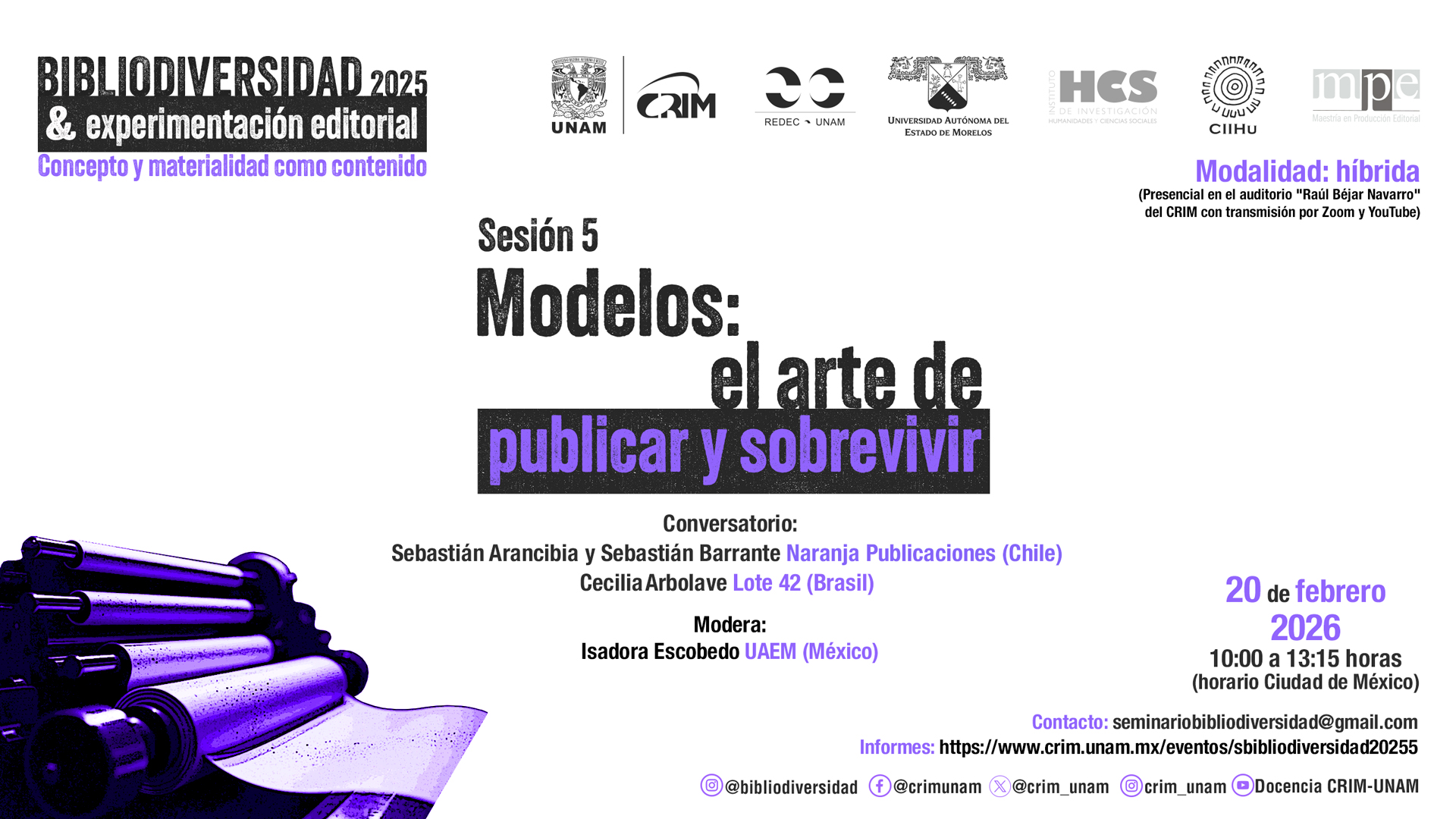Emotions and Relational Approaches
Call for Papers: Emotions and Relational Approaches: Simmel’s Legacy and Contemporary Challenges
Deadline: 31 October 2021
Guest Editors:
Olga Sabido-Ramos
Lecturer and researcher, Universidad Autónoma Metropolitana–Unidad Azcapotzalco, Mexico. ORCID: https://orcid.org/0000-0002-5658-4792
Esteban Vernik
Lecturer, Universidad de Buenos Aires (Argentina).
Topic
There is no doubt that Georg Simmel has been considered a precursor to the “sociology of emotions” (Gerhards, 1986; Frisby, 1992; Scheff, 2000; Watier, 2003; Tester, 2005; Hochschild, 2008; Cantó-Milà, 2012; Sabido, 2016, Seebach, 2017). Simmel’s relational ontology (Pyyhtinen, 2010; 2018) allows us to contend that our affective and bodily condition is not substantial but rather relational insofar as we are always with others. Since On Social Differentiation, his first book on Sociology, Simmel developed a relational thinking based on the idea of Wechselwirkung, conceived as an exchange of reciprocal effects. From the perspective of his relational sociology, this key concept, “means that what a social actor (an individual, a group, or a social configuration) is doing, perceiving, or expecting, has an impact on what another social actor is doing, perceiving, or expecting. That every Wechselwirkung, in spite of its freely selectable content, must select certain forms of socialization (Vergesellschaftung) in order to articulate itself “socially” (Häussling, 2018; 588)
From this perspective, interchange of reciprocal effects and socialization are the core of a dynamic and relational approach of the social world, that can be detected in famous simmelian figures, such as the stranger, conceived as a specific and positive form of interaction, or the bridge and the door, that show how connecting and separating could be part of the same social act.
As a result of his project on relational sociology, for Simmel, emotions are ways of relating to others. Emotions therefore have enormous sociological relevance because they are not only a social product, but also ways of relating to other. Since Philosophy of Money and until The View of Life Simmel’s relational analyses of culture and society allowed him to focus on the affective dimension of life. His brilliant digressions about shame, jealousy, envy, love, gratitude, fidelity, desire, neurasthenia, blasé attitude, and even happiness bear witness to the analytical power of Simmel’s perspective. Since Simmel’s time, the sociology of emotions has emerged and been consolidated as an important area within sociology, and while his important contributions to the field have been considered, the full richness of his oeuvre and perspective has yet to be introduced to the field of the sociology of emotions. At the same time, contemporary society brings us a plethora of challenges: new technologies and ways of feeling, new associations between humans and non humans (Latour) which, working from a simmelian perspective and within the sociology of emotions, require our immediate attention.
For all these reasons, this dossier invites scholars to rethink Simmel’s legacy and concretely invites to focus on the following questions:
- What analytical perspectives and dimensions can a simmelian relational perspective contribute to contemporary analyses of emotions?
- What does Simmel’s second order forms approach bring to the field of the sociology of emotions?
- What methodological instruments can we find in Simmel’s works and legacy for the sociology of emotions?
References
HÄUSSLING, R., 2018, “Wechselwirkung”, pp. 588-596, H.-P. Müller and T. Reitz (eds.), Simmel- Handbuch. Begriffe, Hauptwerke, Aktualität, Suhrkamp, Frankfurt am Main.
Submitting your article
All contributions fitting the description above are welcome. Please follow Digithum‘s submission guidelines. For any technical issues, please contact publicacions@uoc.edu. For further information about the call for papers, please contact digithum@uoc.edu.
About the journal
Digithum uses a relational perspective to analyse human’s subjective experiences, social bonds and cultural heritage. Researchers from a range of disciplines, including sociological or social theory, historical sociology, sociology of culture and sociology of emotions, cultural theory, film theory, media studies, arts and humanities, may choose to address or study these matters from a relational perspective.
The journal is indexed in leading scholarly databases, such as Scopus, EBSCO, ESCI and WoS, DOAJ and Dialnet. Moreover, it was recently awarded the FECYT’s quality seal for scholarly journals, a distinction promoted by the Spanish government. For more information, please visit the Indexing page of the journal.
Te puede interesar

Convocatoria Feria del libro
Laura Gutiérrez - Feb 04, 2026FERIA DEL LIBRO X CONGRESO NACIONAL DE CIENCIAS SOCIALES “Las Ciencias Sociales frente a las incertidumbres actuales” INVITACIÓN Información general…

Hoteles con convenio | X Congreso Nacional de Ciencias Sociales
Laura Gutiérrez - Ene 28, 2026X Congreso Nacional de Ciencias Sociales Las Ciencias Sociales frente a las incertidumbres actuales del 23 al 27 de marzo…

Memorias del IX Congreso Nacional de Ciencias Sociales
Roberto Holguín Carrillo - Jul 02, 2025IX Congreso Nacional de Ciencias Sociales Las ciencias sociales y los retos para la democracia mexicana. Realizado en el Instituto…

COMECSO felicita al Dr. Gerardo Estrada
comecso - Feb 11, 2026Más sobre su trayectoria en Gaceta UNAM

29 años de El Colegio de San Luis
Laura Gutiérrez - Feb 11, 2026El Colegio de San Luis celebra 29 años de historia y compromiso El Colegio de San Luis A.C. (Colsan) es…











